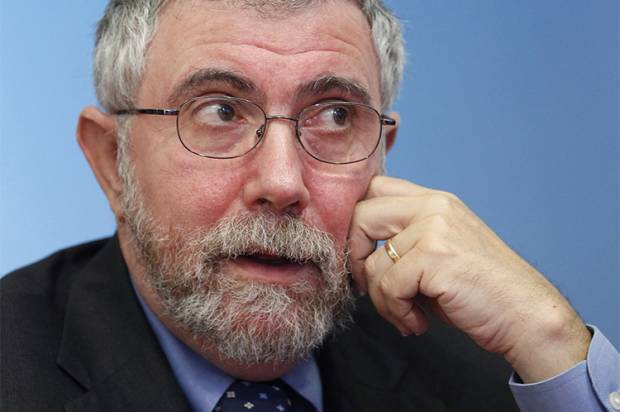Paul Krugman decries the “enormous intellectual failure” of modern economics
Fuente: Salon
Por Elias Isquith
The economist and Times columnist says his field has suffered from believing in «an idealized vision of capitalism».
In his latest column for the New York Times, award-winning economist and liberal pundit Paul Krugman returns to one of his recurring themes and tries to understand how the field of economics could not only fail to predict the economic catastrophe of 2008, but fail to ensure policymakers in the West responded to it with pro-growth, countercyclical spending. “[I]t’s important to realize that the enormous intellectual failure of recent years took place at several levels,” Krugman writes. “In what sense did economics go astray?”
One of the first places to look, Krugman argues, is at the field’s recent deification of free-market economics and the “neoclassical models” that support its proponents. “[I]dealized models have a useful role to play in economics,” Krugman grants. “But starting in the 1980s it became harder and harder to publish anything questioning these idealized models in major journals.” The problem, Krugman says, is that “assuming away irrationality and market failure,” as neoclassical models did and do, “meant assuming away the very possibility of the kind of catastrophe that overtook the developed world six years ago.”
Despite these mistakes, Krugman says, the truth is that while most economists did not predict the crash, most have subsequently responded by promoting the correct Keynesian response. It’s just that policymakers haven’t been listening. “If you imagine that policy makers have spent the past five or six years in thrall to economic orthodoxy, you’ve been misled,” Krugman deadpans. “On the contrary, key decision makers have been highly receptive to innovative, unorthodox economic ideas — ideas that also happen to be wrong but which offered excuses to do what these decision makers wanted to do anyway.”
Indeed, instead of putting the lion’s share of the blame on the shoulders of economics in general or famous, mostly right-wing economists in particular, Krugman says we would do best to look at our political leaders. Their justifications for their policy decisions may shift, he writes, but their overall goal is crystal clear:
The great majority of policy-oriented economists believe that increasing government spending in a depressed economy creates jobs, and that slashing it destroys jobs — but European leaders and U.S. Republicans decided to believe the handful of economists asserting the opposite. Neither theory nor history justifies panic over current levels of government debt, but politicians decided to panic anyway, citing unvetted (and, it turned out, flawed) research as justification.
I’m not saying either that economics is in good shape or that its flaws don’t matter. It isn’t, they do, and I’m all for rethinking and reforming a field.
The big problem with economic policy is not, however, that conventional economics doesn’t tell us what to do. In fact, the world would be in much better shape than it is if real-world policy had reflected the lessons of Econ 101. If we’ve made a hash of things — and we have — the fault lies not in our textbooks, but in ourselves.

